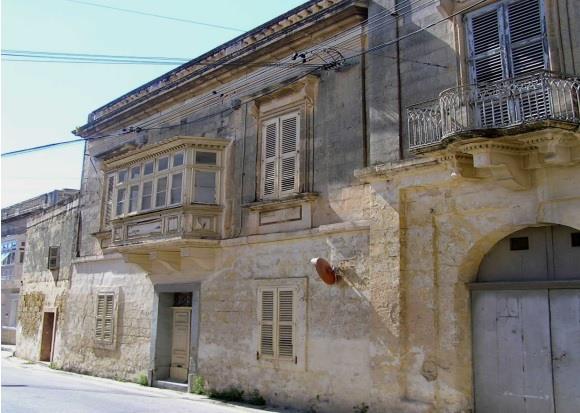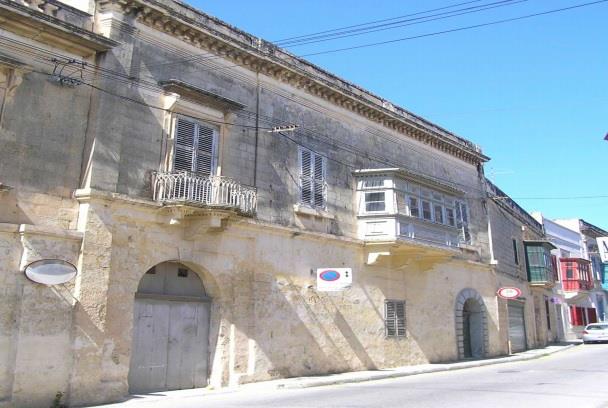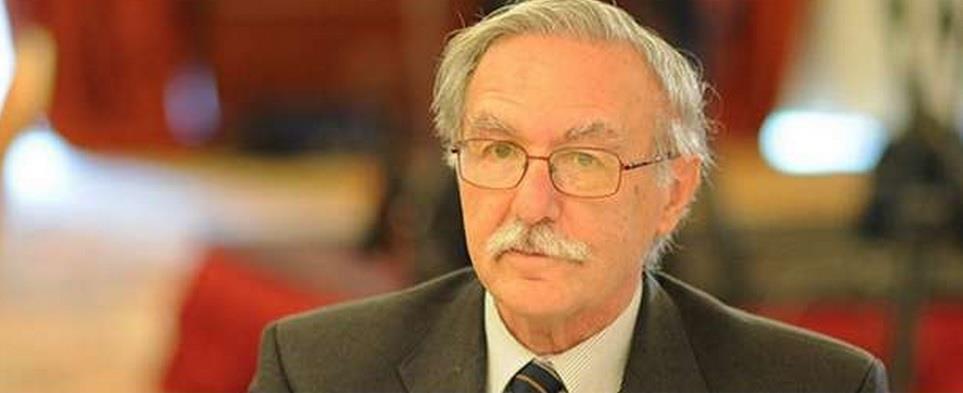A much-changed and much-deferred application regarding four old houses in Balzan's core was at last approved by the Mepa board after a long battle today.
The application concerned four adjacent houses in Main Street, a short distance from the Balzan parish church.
Originally, it was said at the hearing, one house is a 300-year old Palazzo and its gardens that had been used by Grand Master De Rohan as his country residence. This is the house with a pigeon-loft. Next to it there was the servants' quarters and next door to that stables. There is also an underground cistern.
In other times, some years ago, a massive development was planned by the owner, Charles Polidano or Caqnu as he is more commonly known, involving many apartments, a massive development in the village core that was thrown out by the Mepa board. It would have created a huge imbalance in the Balzan core and would have destroyed a prime characteristic of Balzan, its gardens.
The application has since been severely downscaled and in the latest format, even the proposed pool has been removed. It now consisted in the restoration of the three old houses and changes in the garden to include parking through a remissa opening in a fourth house.

Perit Colin Zammit for Mr Polidano outlined the application: the present application involves even less than 15% of the total area. Instead of the previous massive development, this is 'just' the restoration of three old houses and re-erecting the garden wall that had collapsed in a storm.
Even Mepa boards such as Superintendence of Cultural Heritage, the Cultural Heritage Advisory Committee had approved the final application.
The Directorate recommended the granting of a permit.
But a neighbour, Dr Reuben Farrugia, objected strongly to the application. He claimed that the application as had been presented and the details provided by the Directorate were skimpy with the truth.

One would have thought that one ought to thank the applicant for saving and restoring three old houses and a garden. Instead, he claimed, the houses had fallen on bad times because of the neglect shown by the applicant. The garden, as in a 1998 photo, was abundant in its foliage but the applicant had pulled up protected trees for which he is facing a court case, whose appeal should be heard tomorrow. This is no NGO saving heritage and in fact, two Enforcement Notices are outstanding. The law states that where there are outstanding issues, the board cannot proceed to process the application before the illegalities are removed.
Dr Farrugia was supported by another neighbour, Dr Antonio Tufigno, who confirmed what Dr Farrugia had just said.

Mepa chairman Vince Cassar defended Mepa's handling of the application. Later on, CEO Jonathan Buttigieg, said a common sense approach was being used: the present application addressed the issues mentioned in the Enforcement Notice.
Polidano's lawyer, Dr Jean-Paul Sammut, counterattacked. He claimed that Dr Farrugia has a swimming pool in his garden and that he tried to barter his opposition to the Caqnu development against the purchase of part of the garden.
Harsh words were exchanged by the two sides at this point with threats of legal action.
Board member Prof. Victor Axiaq asked the Directorate a direct question: Are there illegalities on site or not, and have the illegalities been addressed?
The answer he got was rather elliptical, listing the illegalities on site and explaining them away: the wall fell down because of a storm; the trees that had been uprooted will be replaced; etc.
Mepa lawyer Dr Borg explained that the wording of the law itself allows tackling the illegality through an application to correct them.
Another issue raised by board member Alex Vella concerned the novel idea of introducing parking in the inside gardens. However, he was replied by both the chairman and the CEO that allowing parking in inside gardens was much preferable to forcing the cars to add to the on-street parking in Balzan's narrow streets.
The final vote came to five in favour and four against.